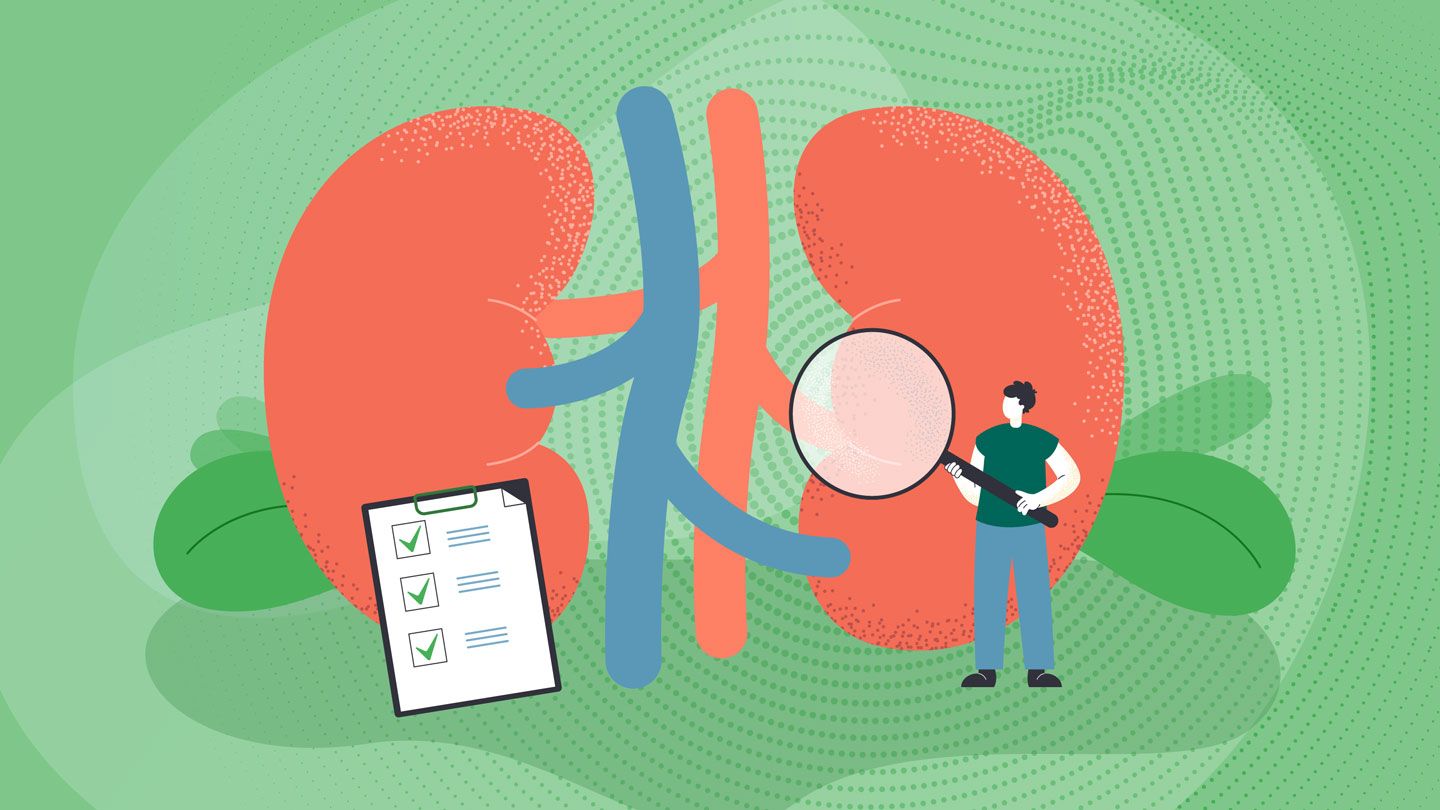Autosomal Dominant polycystic kidney disease (ADPKD), a genetic condition, is characterized by the development of many cysts within the kidneys. This leads to decreased kidney function with time. Dietary choices are crucial in managing ADPKD. They can slow down the disease progression and maintain overall health. Here is a list of the best and worst food and drink choices for people with ADPKD.
Best Foods and Drinks to Help ADPKD
- Fruits and Vegetables
Why they’re good: Fruits & vegetables are rich in antioxidants vitamins and minerals that support kidney health & overall well-being. Fiber is also a key component, as it helps to control blood sugar and reduce inflammation. This is vital for kidney health.
Example: Berries and apples are good choices. These foods tend to be low in potassium which is good for kidney function.
- Whole Grains
Why they’re Good: Fiber is a good source for whole grains, and can help regulate blood sugar levels. It also supports digestive health. It is important to maintain stable blood sugar levels in order to reduce the burden on the kidneys.
Example: Oats, brown rice, whole wheat bread, and quinoa are all healthy choices. Whole grains can also make you feel more satisfied for longer. This helps with weight loss.
- Lean Proteins
Why they’re Good: They are essential for muscle preservation and overall health. However, lean proteins produce less waste that the kidneys have to filter than high-fat meats. Moderate protein intake may reduce strain on the kidneys of people with ADPKD.
Example: Lean proteins include skinless chicken, fish and tofu.
- Water
Why it’s Good: Staying hydrated is important for people with ADPKD as it dilutes urine and reduces the risk of kidney stone and urinary tract infection. Hydration is also important for the health of your kidneys.
Recommendation: Drink plenty of water during the day, unless your healthcare provider has otherwise instructed you.
- Healthy Fats
Why they’re Good: Healthy fatty acids, especially omega-3 fatty acid, have anti-inflammatory qualities that can support kidney and heart health, which are concerns for ADPKD patients.
Example: Avocados, nuts and salmon are all excellent sources of healthy fats.
Worst Foods and Drinks For ADPKD
- High-Sodium Foods
Why they’re Bad: An excessive sodium intake can increase blood-pressure, which worsens kidney damage for individuals with ADPKD. High blood pressure can be a complication associated with ADPKD. It can also accelerate the progression.
Example: Do not eat processed foods such as canned soups, fast-food, salted snacks and deli meats. Choose fresh, whole food and add herbs and spices to flavor.
- Sugary Beverages
Why they’re bad: Sugary beverages like sodas and fruit juices can cause weight gain and insulin resistant, which can both harm kidney function. Sugar intake can contribute to kidney stones.
Example: Avoid drinking sodas, sweetened coffee drinks and commercial fruit juices. Drink water, herbal teas or unsweetened drinks instead.
- Red and Processed Meats
Why they’re Bad: Processed and red meats contain high levels of saturated fats, which cause the kidneys to filter more waste. This can cause the kidneys to be overworked, which accelerates damage for those with ADPKD.
Example: Limit red meats such as beef and pork as well as processed foods like sausages, bacon and deli meats.
- High-Phosphorus foods
Why they’re Bad: When kidney function decreases, phosphorus can accumulate in blood. This can lead to cardiovascular and bone problems. To avoid complications, people with ADPKD need to monitor their phosphorus consumption.
Example: Avoid food high in phosphorus, such as dairy products and foods with phosphate additives.
- Caffeinated Drinks
Why they’re bad: Caffeine increases blood pressure and can lead to dehydration. Both of these can be harmful for kidney health. Although some studies suggest that moderation is the key, excessive caffeine must be avoided.
Example: Limit caffeine-containing sodas, coffee, energy drinks and coffee. Caffeine should be consumed in moderation, and balanced with lots of water.
Conclusion
To manage ADPKD, it is important to choose foods and beverages that promote kidney health and reduce additional strain on kidneys. Individuals with ADPKD will be able to better manage their condition by focusing on a healthy diet that is rich in fruits, vegetables and whole grains. They should also avoid processed and high-sodium foods. Consult a healthcare professional or dietitian to get personalized advice on your diet.
